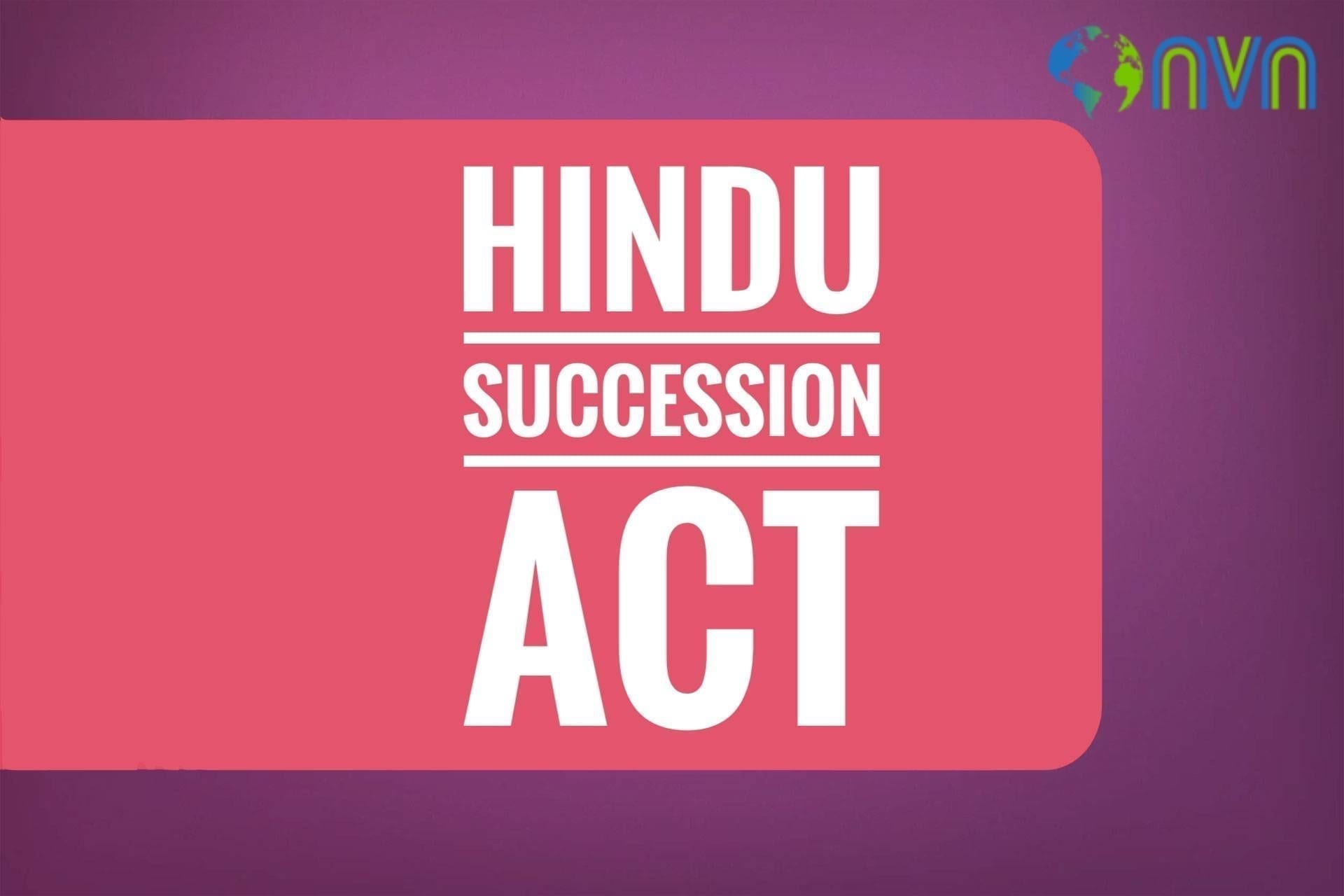EDITOR'S PICK
What Will Happen To The Property Of Hindu After His Death?

Table of Contents
Can A Female Successor In The Property Ask For Partition In The Property?
If The Owner Has Two Spouses Will Both Get The Share And If So Then In What Proportion?
Efficient succession planning is very important to ensure that your hard-earned wealth reaches the right people. This is more important in the case of immovable property as the legal succession of such assets is not a simple process. For instance, people living in flats, are governed by the cooperative laws of the state which provide for the nomination in the house in case of a death.
It may be noted that the nomination only provides for the transfer of the name in the records of the housing society but it does not make the nominee a full-fledged owner of the flat. The legal heirs are the beneficial owner of the property and the nominee cannot dispose of the asset for his own benefit. The law for succession to property depends on whether the deceased person has executed a will or not. Hindus (including Buddhists, Jains, and Sikhs) are governed by the Hindu Succession Act, 1956. The rest of the Indian population comes under the Indian Succession Act, 1925.
Succession Through A Will
People who come under the jurisdiction of the Hindu Succession Act can bequeath their property to any person, even excluding relatives, through the execution of a will. In such a case, it is mandatory for the executor of the will, to obtain probate (certification) from a court for assets in Mumbai, Kolkata or Chennai. To get the important rulings on the property rights of successors versus nominees, please write to us at [email protected] or visit www.supremelawpartners.com
Succession Without A Will
In case a deceased owner of the property does not leave behind a will, the legal heirs will inherit the assets as per the provisions of the Hindu Succession Act, 1956 in the prescribed order. The first preference is given to Class-I legal heirs, which include close relatives like parents, spouse, children, and their successors. When it comes to each of their shares, sons and daughters, and parents will have equal shares. A spouse too will be entitled to one share. However, in case there is more than one surviving spouse, they all will share the one portion they are entitled to. Their successors too will get only one share, which the person through whom they are claiming was entitled to.’
When a house has been left without a will, a female heir is entitled to claim a share and stay in the house. However, only the male heir has a right to divide the property and the female heir cannot call for a partition. Despite leaving a will, it’s still necessary for the legal heirs to obtain a succession certificate from the court. It’s the legal document that authorizes the person or people obtaining it, to represent the deceased individual for the purpose of collecting debts and securities due to him or payable in his name. For obtaining the succession certificate, an application needs to be made to a magistrate or a high court.
It’s fairly evident that a will prevents a lot of problems from occurring and also ensures the efficient passing of property to the right people.
FAQs
What Is The Hindu Succession Act?
The law for succession to property depends on whether the deceased person has executed a will or not. Hindus (including Buddhists, Jains, and Sikhs) are governed by the Hindu Succession Act, 1956.
What Is Succession Certificate Under The Indian Succession Act?
Succession Certificate is the legal document that authorizes the person or people obtaining it, to represent the deceased individual for the purpose of collecting debts and securities due to him or payable in his name. For obtaining the succession certificate, an application needs to be made to a magistrate or a high court.
What Is The Hindu Succession Act, 1956?
In case a deceased owner of the property does not leave behind a will, the legal heirs will inherit the assets as per the provisions of the Hindu Succession Act, 1956 in a certain order.





























